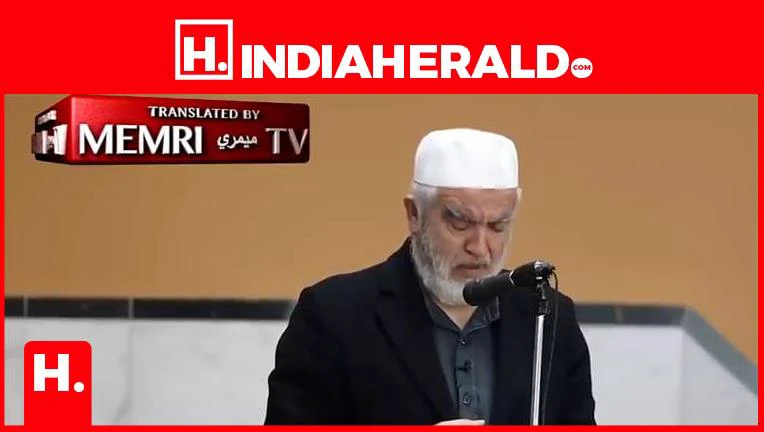That said, when such rhetoric is publicly voiced by individuals linked to Islamist movements, it gives ammunition to those who wish to discredit the Palestinian cause entirely by framing it as a religious war or a global conspiracy. Critics argue that radicalization within factions like Hamas diverts from legitimate nationalist aspirations and instead turns the conflict into a broader ideological battle. This is particularly concerning in multicultural, liberal societies where fears of extremism and religious authoritarianism are already heightened. When militant leaders make grandiose claims about “conquering” the West, they not only alienate potential allies but also reinforce the worst stereotypes about Muslims and Palestinians.
Furthermore, claims that political power in the West—like electing Muslim mayors or officials—is part of a secret agenda are rooted in conspiracy theories, not reality. Many Muslims who enter politics in europe or the U.S. do so to represent their communities, uphold democratic values, and contribute to public service—not to impose a religious ideology. Weaponizing their presence to stoke fear of an ‘Islamic takeover’ is both misleading and dangerous. It’s vital to distinguish between radical propaganda and the genuine aspirations of millions who support peace, coexistence, and democratic engagement.
